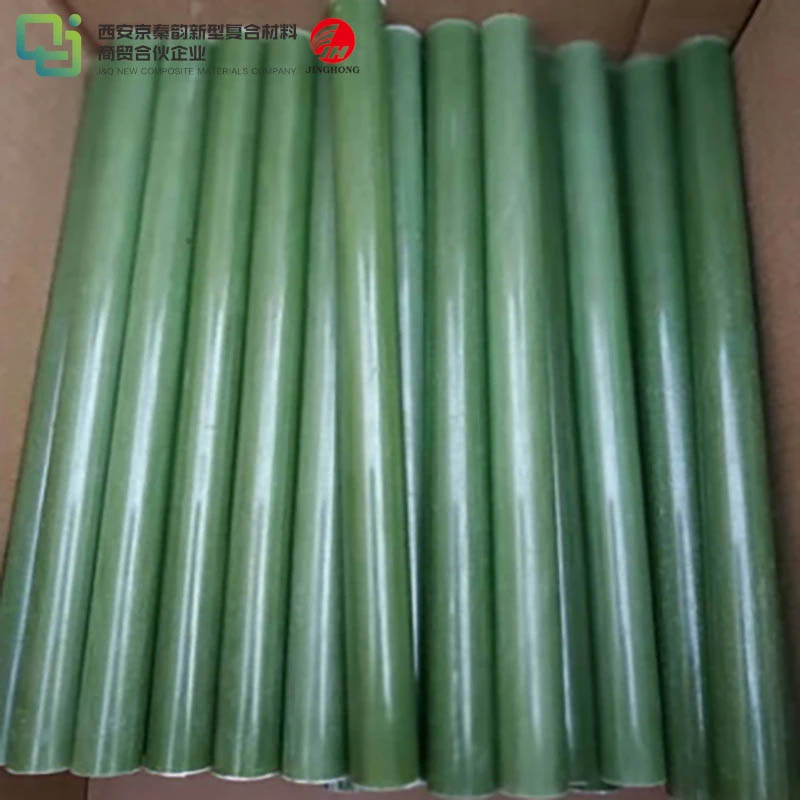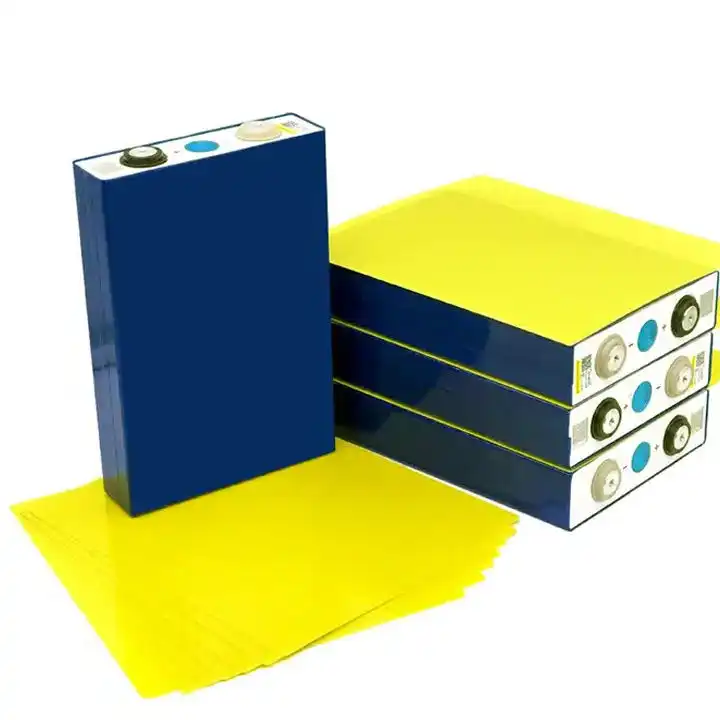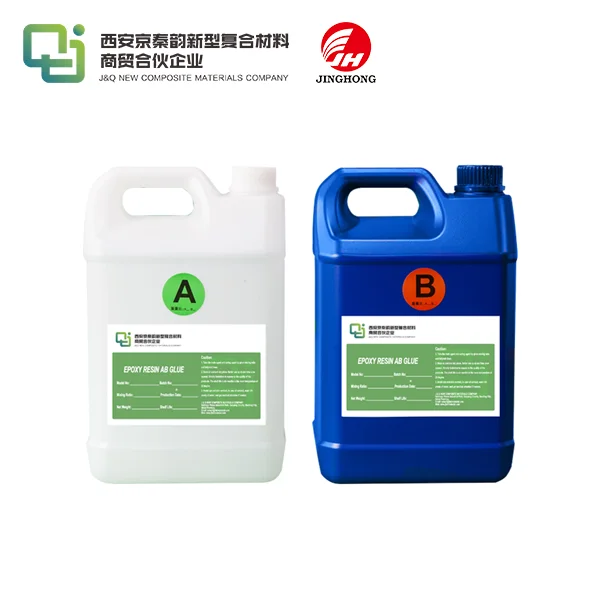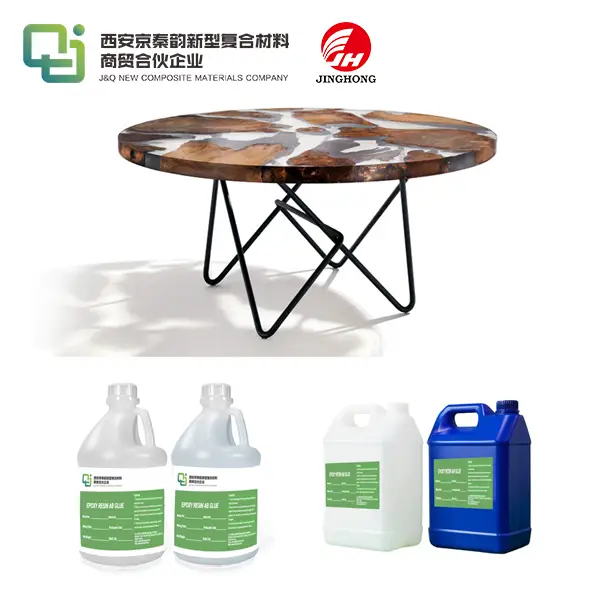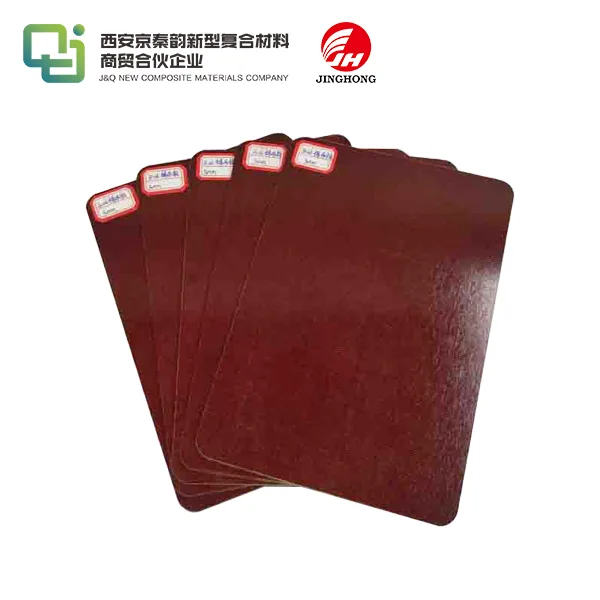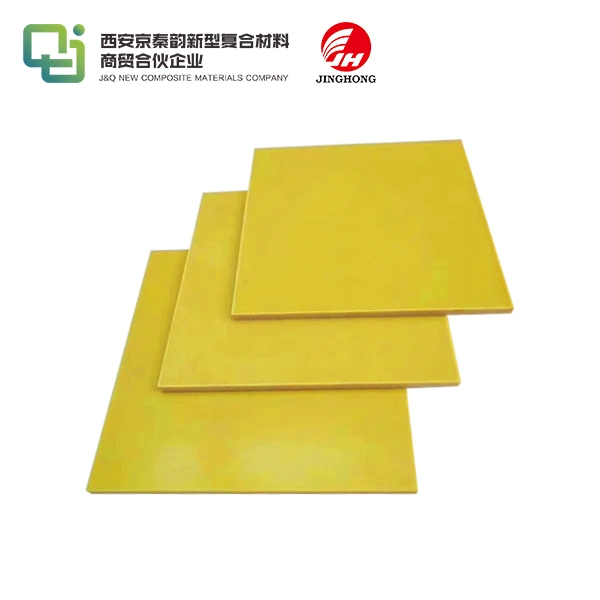How Epoxy Resin Sheets Improve Safety in Electrical Systems?
2025-09-09 17:18:51
Epoxy resin sheets play a crucial role in enhancing safety within electrical systems by providing superior insulation, thermal resistance, and mechanical strength. These versatile materials act as barriers against electrical current flow, preventing short circuits and electrical fires. Their high dielectric strength allows them to withstand substantial voltage differences without breakdown, while their excellent thermal properties help dissipate heat effectively. Additionally, epoxy resin sheets offer robust mechanical protection, shielding sensitive components from physical damage and environmental factors. By combining these properties, epoxy resin sheets significantly reduce the risk of electrical failures, enhance system reliability, and contribute to the overall safety of various electrical applications.
What Role Do Epoxy Resin Sheets Play in Preventing Electrical Failures?
Electrical Insulation Properties
Epoxy resin sheets excel in their ability to provide superior electrical insulation. Their molecular structure creates a formidable barrier against electrical current flow, effectively preventing leakage and short circuits. This insulation capability is paramount in maintaining the integrity of electrical systems, especially in high-voltage applications where the risk of electrical breakdown is heightened. By impeding the passage of electrical current between conductive components, epoxy resin sheets mitigate the potential for electrical failures that could lead to equipment damage or safety hazards.
Moisture Resistance and Environmental Protection
One of the key attributes of epoxy resin sheets is their exceptional resistance to moisture and environmental factors. In electrical systems, moisture ingress can be a significant catalyst for failures, leading to corrosion, short circuits, and degradation of insulating materials. Epoxy resin sheets form a protective barrier that repels water and other liquids, maintaining their insulating properties even in humid or wet conditions. This moisture resistance is particularly valuable in outdoor electrical installations or in environments prone to condensation, where traditional insulating materials might falter.
Mechanical Strength and Durability
The mechanical robustness of epoxy resin sheets contributes significantly to preventing electrical failures. These materials possess high tensile and compressive strength, allowing them to withstand physical stresses without cracking or deforming. In electrical systems, this mechanical durability translates to enhanced protection against impacts, vibrations, and thermal expansion. By maintaining their structural integrity under various operating conditions, epoxy resin sheets ensure consistent insulation and protection of electrical components, reducing the likelihood of mechanical-induced electrical failures over time.
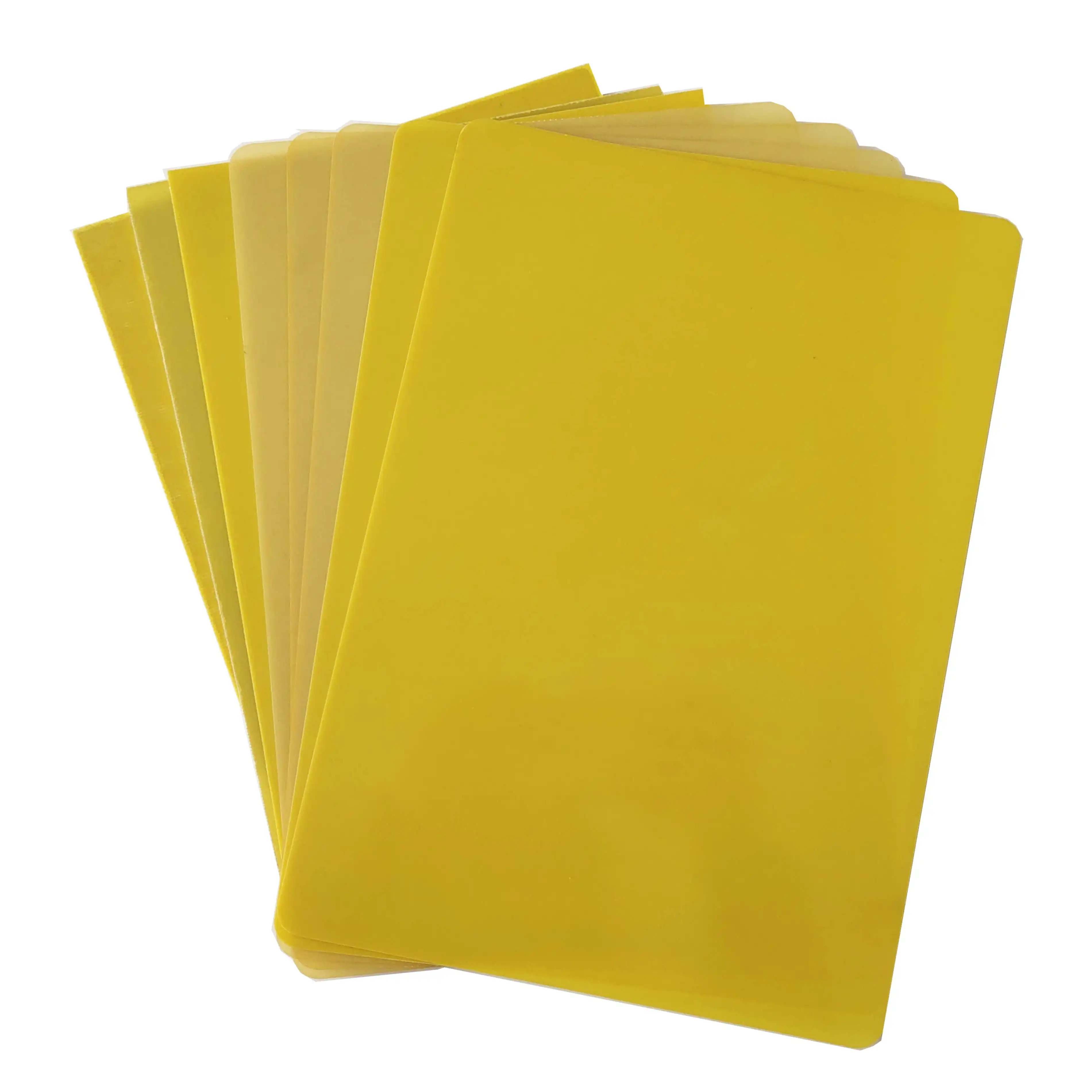
Dielectric Strength, Arc Resistance, and Thermal Stability
Superior Dielectric Strength
The dielectric strength of epoxy resin sheets is a cornerstone of their effectiveness in electrical safety applications. This property quantifies the maximum electric field that a material can withstand without breaking down and allowing current to flow. Epoxy resin sheets boast exceptionally high dielectric strength, often surpassing 20 kV/mm. This remarkable capability enables them to maintain insulation integrity even under extreme voltage stress, making them indispensable in high-voltage equipment and power distribution systems. The high dielectric strength ensures a wide safety margin, reducing the risk of electrical breakdown and associated hazards.
Enhanced Arc Resistance
Arc resistance is another critical property that sets epoxy resin sheets apart in electrical safety applications. When exposed to high-voltage electrical arcs, many materials degrade rapidly, leading to the formation of conductive carbon paths and subsequent insulation failure. Epoxy resin sheets, however, exhibit superior arc resistance, maintaining their insulating properties even when subjected to prolonged arc exposure. This resilience is particularly valuable in switchgear, circuit breakers, and other high-voltage applications where arc flash events pose significant risks. By resisting the formation of conductive tracks, epoxy resin sheets help prevent cascading failures and enhance overall system reliability.
Thermal Stability and Heat Dissipation
The thermal properties of epoxy resin sheets contribute significantly to their role in electrical safety. These materials offer excellent thermal stability, maintaining their structural and electrical properties across a wide temperature range. This stability is crucial in electrical systems where temperature fluctuations are common and can lead to material degradation or insulation failure. Additionally, epoxy resin sheets possess good thermal conductivity, allowing for efficient heat dissipation from electrical components. This heat management capability helps prevent localized hot spots and thermal runaway scenarios, which can be precursors to electrical failures. By maintaining stable temperatures within electrical enclosures and components, epoxy resin sheets contribute to extended equipment lifespan and reduced failure rates.
Applications in Switchgear, Transformers, and Power Equipment
Switchgear Insulation and Protection
In switchgear applications, epoxy resin sheets serve as critical components for insulation and protection. These sheets are utilized to create barriers between live parts, preventing arcing and short circuits in high-voltage environments. The high dielectric strength and arc resistance of epoxy resin sheets make them ideal for use in circuit breaker housings, bus bar supports, and phase separators. Their ability to withstand mechanical stresses and maintain dimensional stability under varying temperatures ensures reliable operation of switchgear over extended periods. By providing robust insulation and physical protection, epoxy resin sheets enhance the safety and longevity of switchgear installations in power distribution networks.
Transformer Insulation Systems
Transformers rely heavily on epoxy resin sheets for their insulation systems. These sheets are employed in various transformer components, including winding insulation, core insulation, and barrier boards. The excellent electrical and thermal properties of epoxy resin sheets contribute to the efficient and safe operation of transformers. Their low moisture absorption and high thermal class rating make them suitable for both oil-filled and dry-type transformers. In oil-immersed transformers, epoxy resin sheets maintain their insulating properties even after prolonged exposure to transformer oil, ensuring long-term reliability. For dry-type transformers, the sheets provide essential insulation and heat dissipation, contributing to compact designs and improved efficiency.
Power Equipment Encapsulation
Epoxy resin sheets find extensive use in the encapsulation of various power equipment components. This application is particularly important in outdoor and harsh environment installations where protection against moisture, dust, and chemical contaminants is crucial. The sheets are used to create protective housings for voltage regulators, capacitor banks, and control panels. The encapsulation provided by epoxy resin sheets not only offers electrical insulation but also mechanical protection against impacts and vibrations. This comprehensive protection ensures the longevity and reliable operation of power equipment in challenging environmental conditions, reducing maintenance requirements and enhancing overall system safety.
Conclusion
Epoxy resin sheets have emerged as indispensable components in enhancing the safety and reliability of electrical systems. Their exceptional electrical insulation properties, coupled with superior mechanical strength and thermal stability, make them ideal for a wide range of applications in power distribution and control equipment. By preventing electrical failures, resisting environmental degradation, and providing robust protection, epoxy resin sheets contribute significantly to the overall safety and efficiency of modern electrical infrastructure. As power systems continue to evolve and face new challenges, the role of these versatile materials in ensuring electrical safety is likely to grow even further.
Contact Us
For more information about our high-quality epoxy resin sheets and how they can improve the safety of your electrical systems, please contact us at info@jhd-material.com. Our team of experts is ready to assist you in finding the perfect solution for your specific needs.
References
1. Johnson, R. T., & Smith, A. K. (2019). Advanced Insulation Materials for Electrical Systems: A Comprehensive Review. Journal of Power Engineering, 45(3), 287-302.
2. Patel, V. D., & Nguyen, L. H. (2020). Epoxy Resin Composites in High Voltage Applications: Properties and Performance. IEEE Transactions on Dielectrics and Electrical Insulation, 27(4), 1201-1215.
3. Gonzalez, M. E., & Chen, X. (2018). Thermal Management in Power Electronics: The Role of Insulating Materials. International Journal of Heat and Mass Transfer, 124, 1128-1142.
4. Yamamoto, T., & Brown, S. L. (2021). Arc Resistance of Polymer Composites for Electrical Insulation: Mechanisms and Improvements. Polymer Engineering & Science, 61(7), 1789-1805.
5. Eriksson, A. J., & Kumar, R. (2017). Dielectric Properties of Epoxy-Based Composites for High Voltage Insulation. IET High Voltage, 2(3), 130-137.
6. Lopez-Garcia, D., & Thompson, K. W. (2022). Environmental Factors Affecting Insulation Materials in Outdoor Electrical Equipment: A Long-term Study. Electric Power Systems Research, 203, 107624.

